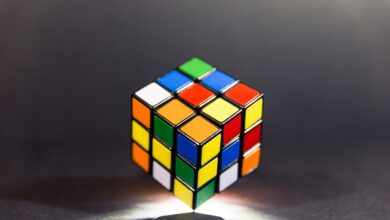The Most Surprising Applications of Puzzle Games in Real Life

1. Cognitive Development
One of the most significant applications of puzzles in real life is their ability to contribute to cognitive development. Puzzles stimulate the brain and promote problem-solving skills, spatial awareness, and critical thinking. For instance, solving jigsaw puzzles improves visual-spatial reasoning, which is critical in fields like engineering, architecture, and mathematics.
2. Stress Relief
Puzzle games also have therapeutic effects and can be incredible stress-relievers. Research shows that playing puzzle games reduces stress levels, anxiety, and depression. The sense of accomplishment that comes with solving a difficult puzzle can be enough to combat the challenges that life throws your way.
3. Enhancing Teamwork
Puzzle games like escape rooms have gained popularity over the years, thanks to their ability to promote teamwork and cooperation. Escape room games involve a team working together to solve a series of puzzles and accomplish a common goal. These games are excellent for developing effective communication skills, improving interpersonal relationships, and developing leadership skills.
4. Training The Brain
Puzzle games are now being used in training programs to help people improve their cognitive abilities. In industries where cognitive abilities are critical, such as aviation, military, and medicine, specialized puzzle games have been developed to improve decision-making skills, memory retention, and multitasking abilities.
5. Activating Creative Thinking
Creative thinking is essential in many fields, including art, music, and design. Puzzles can activate creative thinking skills, as they require flexible thinking and the ability to approach problems from a unique perspective. The problem-solving skills developed through regular puzzle-solving can also benefit someone who is looking for solutions to complex problems.
In conclusion, puzzle games can offer a diverse range of applications in real life beyond the simple act of entertainment. These surprising applications include the enhancement of cognitive skills, stress relief, improving teamwork, brain training, and creative thinking. It is evident that puzzle games provide much more than just a fun way to pass the time.





